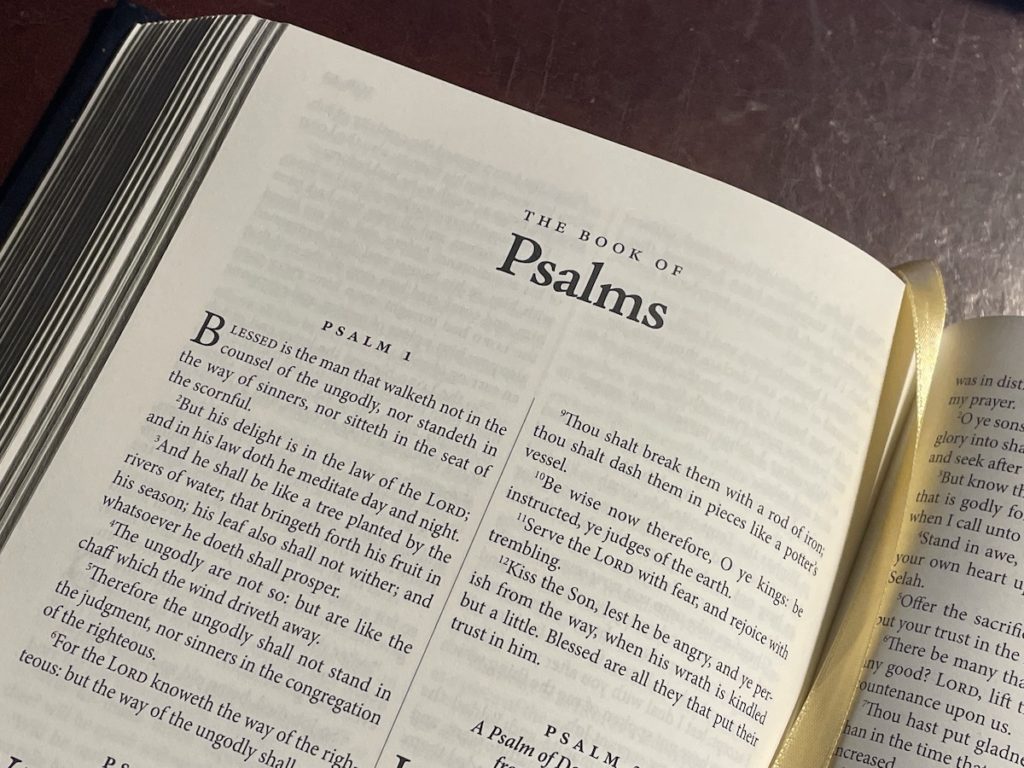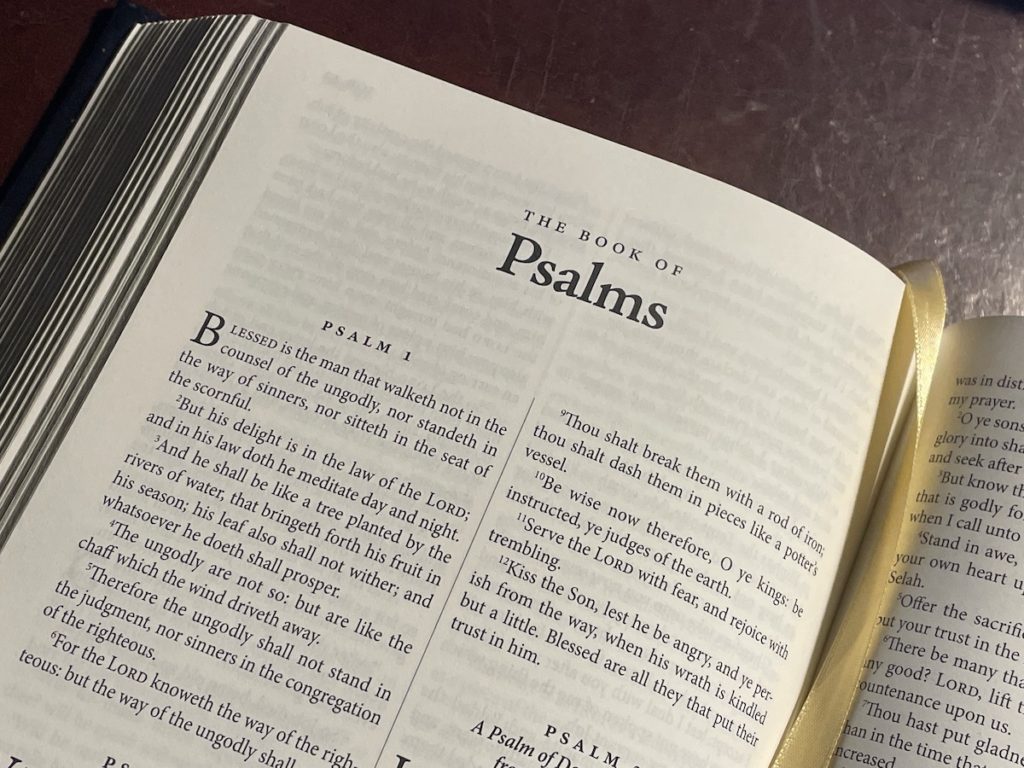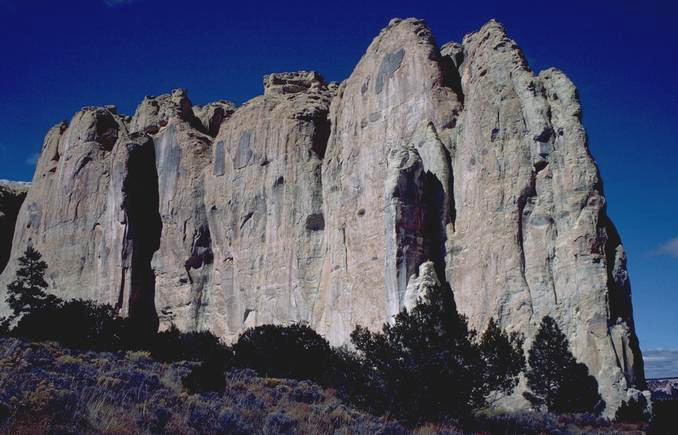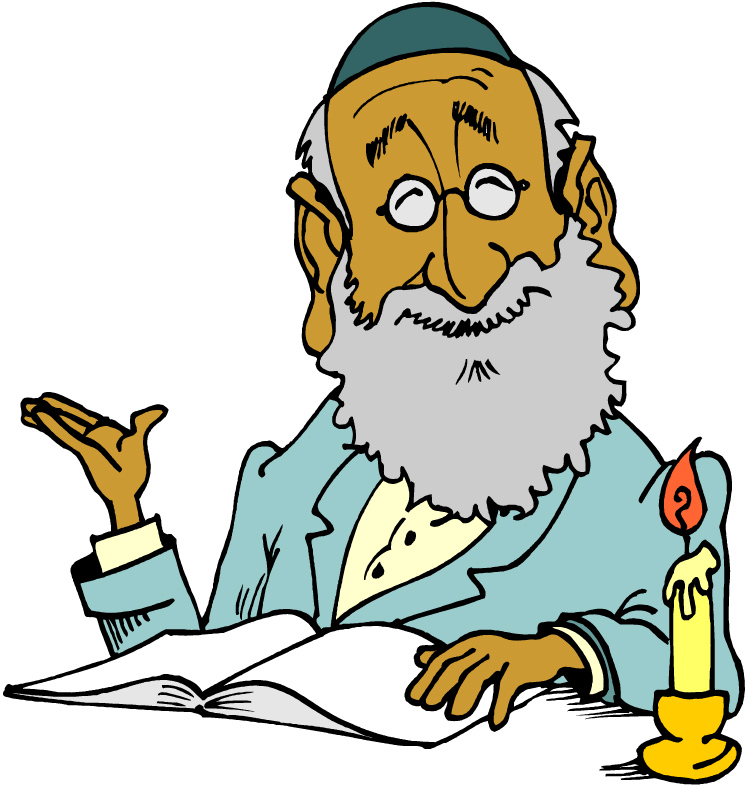
Psalm 15
Psalm 15:1, Dwell in your holy kill.(cp. Ps 24:3) Mountains and hills are often a biblical metaphor for seats of governments whether of men or of Elohim, and humans “go up” to or ascend them. This is because they are above or over humans. To come into the presence of Elohim, one must always go up.

For example, YHVH spoke to the Israelites from Mount Sinai and Moses went up onto that mountain to meet Elohim and receive much of the Torah. Later, Jerusalem, located on a mountain, was where YHVH had the Israelites build the Temple of Solomon, and when traveling to that city, Scripture always speaks of “going up to Jerusalem.”
The reason we must go up to Elohim is because heaven is above the earth and Elohim who dwells there is above humans both in terms of authority, power as well as in holiness and righteousness. To come to him, humans must “go up.”
On the other hand, “going down,” or descending is a biblical metaphor for moving in the opposite direction or away from Elohim, that is, moving toward wickedness, unrighteousness, death or the grave, and toward Satan, the archenemy of Elohim, who will eventually find his dwelling place in the bottomless pit.
Therefore, to go up or to ascend is to move closer to Elohim or to heaven where he dwells. This was theme of Jacob’s dream of the ladder to heaven (Gen 28:12), and to which Yeshua likened himself in John 1:51, which humans must climb as the way to his Father in heaven.
Even to this day, humans often place their seats of civil or religious governments or power on hills or mountains (e.g. Capital Hill in Washington D.C., or Vatican Hill in Rome, or the Acropolis in ancient Athens, to name a few). Men often build churches and hospitals on hills to project power, authority, prominence, or to inspire awe and respect. Rich and powerful people like to construct their huge homes on hills, which are often monuments to their own pride, for all to see and to be in awe of.
It is humans’ nature to want to be like God in some way or the other. Even Satan desired this when he rebelled against Elohim and when he declared, “I will ascend into heaven, I will exalt my throne above the stars of heaven, I will sit on the mount of the congregation…I will ascend above the heights of the clouds, I will be like the Most High…” (Isa 14:12–14).
It is in man’s nature to want to ascend and be over others. The problem is that there is a legitimate way to ascend and an illegitimate or illegal way to ascend. Man’s way to power is through malevolent force, by hook or by crook, so to speak, or by whatever means necessary to gain the advantage over others whether legal or illegal. The ends justify the means. However, this is not the biblical to ascend to positions of power and prominence in the kingdom of Elohim; rather, it is the opposite way. Man’s way is the way downward in Elohim’s spiritual economy. In the kingdom of heaven, the way down is the way up. Man must die to himself, become a servant to all, submit to Elohim, and accept the way of the cross as Yeshua did and was subsequently exalted to the highest position in heaven at the right hand of his Father (Mark 10:42–45; Phil 2:5–11).
Similarly, Psalm 15 present to us the way to ascend “the holy hill” to the tabernacle or throne room in heaven where Elohim dwells. YHVH’s way is that of holiness,. righteousness and love toward one’s fellow man by following the Creator’s road map or ways, that is, his instructions in righteousness or the his Torah-Word. This is diametrically opposite to that of man’s way of ascension which ultimately leads downward to sheol or death and the grave and eternal darkness and damnation.
Psalm 16
Psalm 16:4, Nor take up their names.Satan, the god of this world, has so woven the names of his demonic underlords into the fabric of our society and language (e.g. the names of our holidays, months, days of the week to name a few) that it’s almost impossible not to say the name of the heathen’s gods on a daily basis. On the other hand, the names of Elohim have become curse words that roll off people’s lips without even a thought. As much as possible, we need to do our best not to mention the names of pagan deities—especially in the context of set-apart (holy) convocations where the saints gather to praise and worship Elohim.
Psalm 16:4–5, Drink offerings of blood.Some Satan worshippers drank blood (human and animal) as part of their worship rituals to their demon gods. This practice still goes on today. Sometimes human and animal sacrifice is involved. Purportedly, the purpose for drinking blood is to empower oneself by taking in the soul-energy of the victim and or to appease the demon spirit’s blood lust. Sometimes the blood drinking coincides with sexual rituals. Some modern blood drinkers do so believing that it promotes health and youthfulness by the reversing aging process. Whatever the case, the Word of Elohim strongly forbids the drinking of blood (Lev 17:10), which is why the saints must insure that blood is removed from meat before eating it. There are other psychological and spiritual reasons for not drinking blood as well, but this gets into the esoteric, so we will leave the discussion here for now.
In verse five, David declares that YHVH is his cup. Perhaps he is alluding to the fact that his life sustenance and blessings come from the Creator, not the created (i.e. by drinking human blood).
Psalm 16:5–6, Lot…lines.The English word lot means “a portion that is assigned to someone” and may refer to the idea of randomly drawing lots as part of a decision making process. Likely, our English word lot as in a piece of land, or a land lot, derives from these concepts.
In ancient Israel, the tribal land allotments were determined by the casting of lots once the children of Israel came into the Promised Land (Josh 13:6; 14:2). Part of this ancient process of surveying land involved measuring parcels of land with a cord (Manners and Customs of Bible Lands, pp. 245–246, by Fred H. Wight; also Ps 78:55; Amos 7:17). When lots were cast for land allotments, pebbles were placed in a bag with marks on each stone to represent each parcel of property. Pebbles were drawn, and each man received his lot. Each individual soon discovered whether his portion of land was desirable or not.
David used the analogy of lots as an illustration of Elohim’s goodness to him when he makes the praise declaration in verse 6 that “the lines have fallen to me in pleasant places” (ibid.). No doubt, David is referring to the spiritual inheritance of the righteous, for he proclaims that YHVH is his portion and his inheritance (v. 5).
Psalm 16:7, Reigns/heart/kidneys instruct me.Is this a reference to our “gut feelings” and our need to trust them? Night seasons is a biblical poetic way of saying “difficult time of darkness, confusion, indecision, and uncertainty.” This may be one way the Set-Apart Spirit directs us is through our inner or deep conscience. In reference to the Set-Apart Spirit, Yeshua said that out of our bellies will flow living waters (John 7:37–38). The Hebrew word navi often translated as “prophet” can, according to some lexicologists (e.g. Gesenius), mean “to bubble up” in an almost ecstatic sense, presumably under the influence of the Spirit of Elohim. If this is the true meaning of the word, then perhaps there is some connections between the gut instructing one, living waters flowing from one’s belly, and the word of YHVH bubbling up prophetically out of one’s belly.
Psalm 16:10, Leave my soul in Sheol. This verse reads, “For thou wilt not leave my soul [nephesh] in hell [sheol]; neither wilt thou suffer thine Holy [chaseed or faithful, kind, pious, devout, saint, godly] One to see corruption [shakhath or decay of the grave.” (The meanings in brackets are according to The Theological Wordbook of the Old Testament.)
To whom is this verse referring? Who is YHVH’s Holy One? This is obviously not a reference normal humans whose bodies and souls go into the grave at the time of death (so says this verse) to await the resurrection, and where they will decay into dust. Who in Scripture but Messiah Yeshua resurrected after three days before his body could corrupt (start to decay)? According to Jewish thought, bodily decay starts after three days.
Psalm 17
Psalm 17:3, In the night. That is, in times of trials, afflictions and difficulties. During times of adversity, YHVH tests us by viewing our reactions to difficulties to determine the true state and contents of our heart. The true mettle of a person, that is, the contents of their heart is revealed only during times of duress and when things are not going well. The question is this: When tested, will we walk in the Spirit of Elohim and manifest the fruit of the Spirit or react carnally and manifest the works of the flesh (Gal 5:16–26)? The times of darkness and testing that befall each of us from time to time is often referred to colloquially as “the dark night of the soul.” Such times either make or break us. Jacob encountered such a time when he wrestled with the Messenger of Elohim in Genesis 32 and came out a changed man with a new spiritual identity. Yeshua went through a similar experience in the Garden of Gethsemane just prior to his crucifixion. Will the similar fires of adversity that you will experience destroy the wood, hay and stubble in your life, while, at the same time, refine gold, silver and precious stones therein? (Read and ponder on 1 Cor 3:11–15.)
Psalm 17:4, The destroyer. This can be a reference to Satan who comes to kill, steal and destroy. The Hebrew word for destroyer is pereets and taken in context with its verbal root means “one who destroys by dividing violently and then robbing, that is, one who divides and conquers.” The tactics of this enemy and his human minions have never changed from then until now.
Psalm 17:8, Apple of your eye. In Hebrew, this verse literally reads “Guard [Heb. shamar] me like the little man or the pupil daughter [Heb. bat] of the eye.” Apple is the Hebrew word ‘ıyshôn literally meaning “little man of the eye [according to Gesenius and The Artscroll Tanach Series Tehilim/Psalms Commentary] or pupil.” This is because when one looks at another person, the image of a little person is visible on the pupil like a reflection in a mirror. Eye is the generic Hebrew word ayin. The idea of the little man in the eye is beautiful and poetic imagery that captures the desires of the psalmist that the Creator would keep his image in his eye (i.e. the Big “Man” or Elohim is keeping the little man or the saint in is eyesight) continually or that Elohim would guard him as he goes through life as a father does his own daughter.
The expression “the apple of his eye” is now an English idiom meaning “to view a person favorably, to care deeply for them and to cherish them in one’s heart.”
This same expression is also found in Deuteronomy 32:10 where YHVH views the people of Israel as the apple of his eye. Although Elohim loves the whole world in a generic sense (John 3:16), and desires that every person be saved (1 Tim 2:4; 2 Pet 3:9), he refers to no other people but Israel as the apple of his eye.
It can also be presumed (as Matthew Henry notes) that Elohim will tenderly keep or protect those as the apple of his eye who keep or guard his commandments as the apple of their eye (Prov 7:2). That is to say, when we obey YHVH’s commandments, we automatically put ourselves under his protection or under the shadow of his wings as Psalm 17:8 suggests (see also Ps 91:4 and Matt 23:37).
Psalm 17:14–15, Men of the world…When I awake. Here the psalmist juxtaposes those who make material achievements their chief goal in life as opposed to those who seek first the kingdom of Elohim and his righteousness. The former have their reward in the physical life, while the latter have a greater reward to come in the next life when they awaken from death in the likeness of Elohim as possessors of immortality.
Belly…hidden treasure. The belly here is a reference to the womb, and hidden treasure literally means “that which is hidden, covered over or protected.” This is a clear reference to babies in the womb, which are a treasured gift that heaven gives to both the wicked and to the righteous alike. Those who murder their children through abortion or neglect or abandon these little divinely granted treasures are literally spurning or rejecting Elohim’s gift to them—a grave affront to the Almighty and his generosity to be sure!
Psalm 17:15, When I awake. This is one of the most notable passages in the Tanakh proving the validity of the concept of the resurrection of the righteous dead. Here David expresses his faith in the hope of the dead saints to eternal glory in the Presence of YHVH’s in his eternal kingdom. Corollary scriptures to this include Ps 16:10–11 and 1 John 3:1–3.











